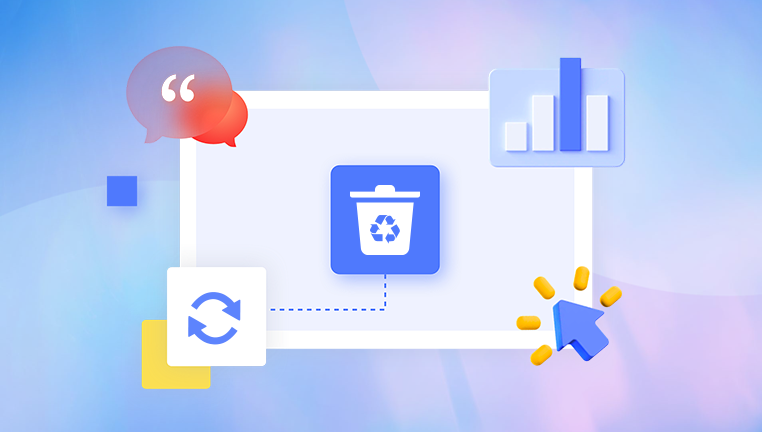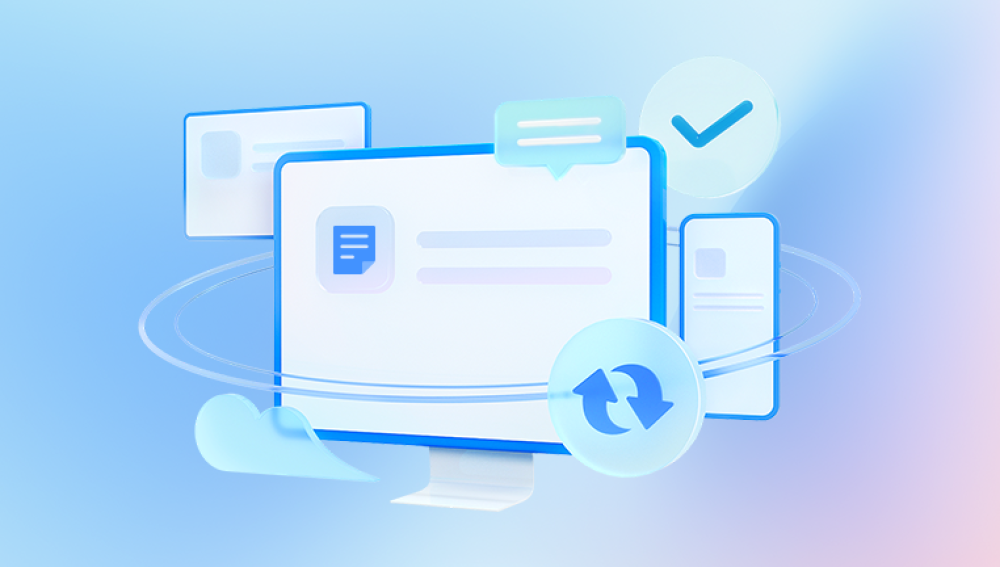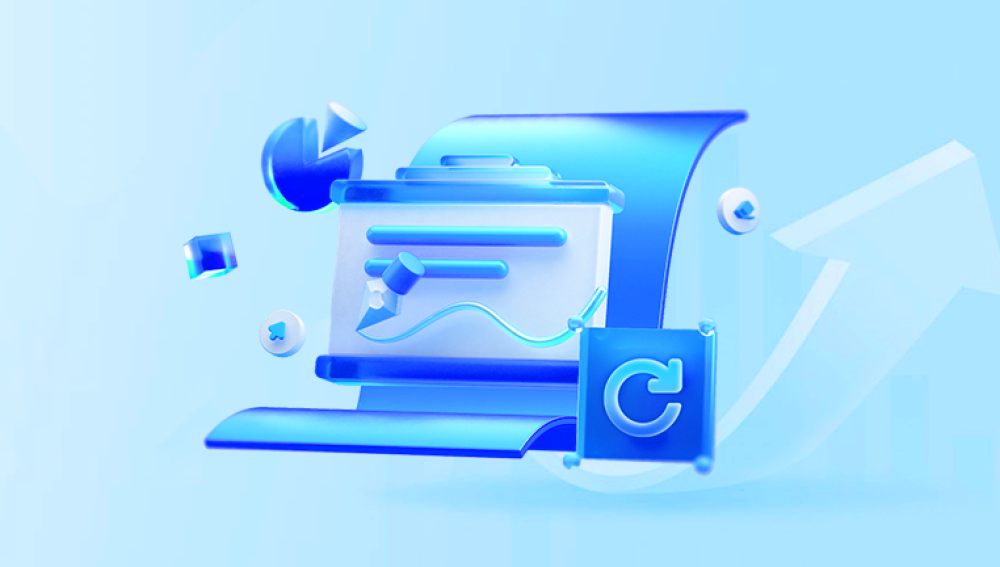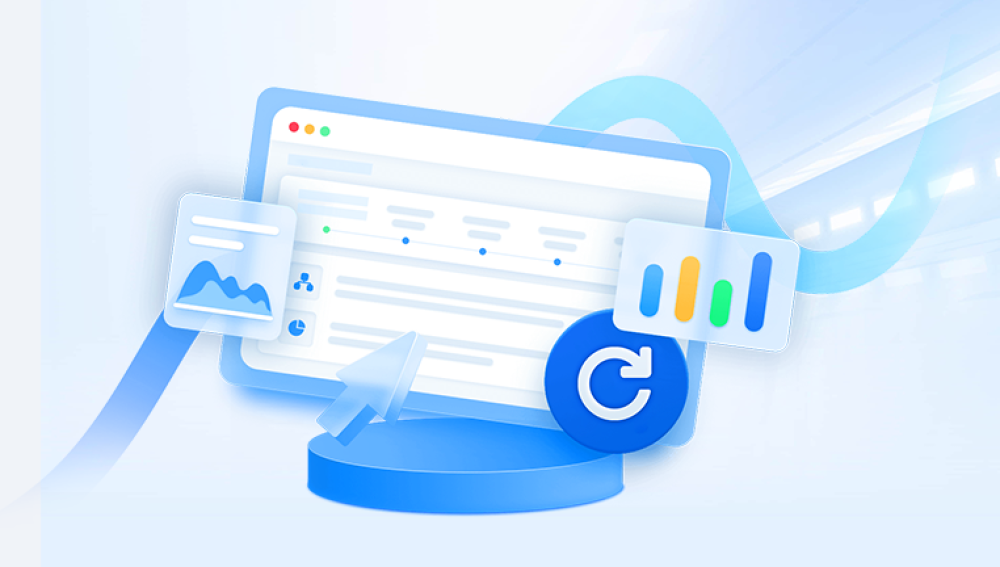EaseUS offers a limited free tier that allows recovery of up to 2GB of data, but after that, users must pay a substantial fee to unlock full features. For many, this is frustrating especially those who discover the limitation after running the scan and previewing recoverable files. This has led countless users to search for a free alternative to EaseUS a tool that doesn’t gatekeep features behind a paywall.
Before diving into alternatives, it’s important to clarify what “free” really means in the context of data recovery. Not all software claiming to be “free” lives up to the promise. Many tools offer:

Free scans, but paid recovery
Free recovery, but only up to a small file size (e.g., 500MB or 1GB)
Free trials that expire or lack deep scan options
A truly free data recovery tool should:
Allow full recovery of any file type
Not impose file size limitations
Not require payment for basic features
Be safe from adware, malware, or unnecessary bloatware
Now, let’s explore the most reliable free alternatives to EaseUS Data Recovery Wizard that meet these criteria.
1. Drecov Data Recovery
Drecov Data Recovery Free is a powerful and accessible tool designed to help users recover lost, deleted, or formatted files without spending a cent. Whether you’ve accidentally deleted an important document, lost photos from an SD card, or formatted a USB drive by mistake, Drecov Data Recovery Free offers an effective solution with zero upfront cost.
What makes this software stand out is its balance of simplicity and functionality. With an intuitive user interface, even beginners can navigate the recovery process with ease. The program supports recovery from various storage devices, including hard drives, SSDs, memory cards, USB flash drives, and more. It’s compatible with major file systems like NTFS, FAT32, and exFAT, ensuring broad recovery capabilities.
Drecov Data Recovery Free provides both quick and deep scan options. The quick scan is ideal for recent deletions, while the deep scan thoroughly searches the device for files lost due to formatting, corruption, or partition issues. Users can preview recoverable files before restoring them, helping ensure only the necessary data is recovered.
Although it's a free version, it doesn’t compromise on core recovery features. It supports hundreds of file types, including photos, videos, documents, and emails. For many users, this free version is more than sufficient for everyday data loss scenarios.
2. TestDisk – Partition Recovery Expert
Overview:
Developed by the same creators as PhotoRec, TestDisk is focused more on recovering lost partitions and making disks bootable again. It’s not designed for recovering individual files but excels in partition-level recovery.
Key Features:
Open-source and completely free
Can recover lost partitions and repair corrupted partition tables
Works with multiple file systems including FAT32. NTFS, ext2/ext3/ext4. HFS+, and more
Pros:
Exceptional for fixing boot issues and recovering entire partitions
Powerful disk repair capabilities
Free and open-source
Cons:
Not intended for casual file recovery
Requires some technical knowledge to use effectively
Command-line interface only
Best For:
Users who’ve lost entire partitions or can’t boot their systems due to partition errors.
Why It’s a Good Alternative to EaseUS:
While EaseUS does offer partition recovery in its paid versions, TestDisk provides similar or even more advanced functionality entirely free. It’s great for users facing boot or partition table issues.
3. Recuva (Free Version) – Friendly and Functional
Overview:
Created by Piriform, the makers of CCleaner, Recuva is one of the most popular free data recovery tools for Windows. Its clean interface and wizard-based recovery make it a go-to for beginners.
Key Features:
Recovers files from hard drives, USB drives, SD cards, and more
Supports deep scan for finding harder-to-recover files
Simple wizard to guide through the recovery process
Pros:
Easy to use
No cost for recovering files
Includes a secure file deletion tool
Can recover files from damaged or formatted disks
Cons:
May not recover as deeply or thoroughly as advanced tools
Deep scan is slower and less reliable for severely damaged disks
No support for Mac or Linux
Best For:
Home users needing to recover recently deleted files quickly and easily.
Why It’s a Good Alternative to EaseUS:
Though not quite as powerful, Recuva Free offers unrestricted recovery and a smooth experience—making it ideal for those who need simple recovery without paying.
4. Windows File Recovery Tool – Microsoft’s Own Option
Overview:
Windows File Recovery is a command-line tool offered by Microsoft, available from the Microsoft Store. It supports NTFS, FAT, exFAT, and ReFS file systems and is compatible with Windows 10 and later.
Key Features:
Native Microsoft solution
Offers multiple recovery modes (Regular, Extensive, Segment, Signature)
Command-line interface for more control
Pros:
Officially supported by Microsoft
No limitations or ads
Great for recovering files from corrupted drives
Cons:
Command-line only; no GUI
Steeper learning curve for average users
Best For:
Windows users comfortable using the command line or those seeking an official, no-cost recovery tool.
Why It’s a Good Alternative to EaseUS:
It’s completely free, regularly updated by Microsoft, and supports powerful recovery modes—if you’re comfortable working in the terminal.
5. Puran File Recovery – Simple and Effective
Overview:
Though lesser-known, Puran File Recovery offers a straightforward solution with no file size restrictions and support for deep scans.
Key Features:
Recovers files from formatted disks
Full and deep scan options
Portable version available
Pros:
Free for both personal and commercial use
Lightweight and fast
Simple interface
Cons:
Windows only
Interface feels outdated
Not suitable for very large or severely corrupted drives
Best For:
Users looking for a lightweight, no-nonsense recovery tool for Windows.
Why It’s a Good Alternative to EaseUS:
It’s a free, install-and-go solution that works well for common file recovery tasks, making it a good choice for quick fixes.
6. Kickass Undelete – Lightweight and Open-Source
Overview:
This simple undelete tool is ideal for recovering files deleted from NTFS and FAT file systems.
Key Features:
Open-source and lightweight
Simple GUI for ease of use
Supports NTFS and FAT file systems
Pros:
Easy to navigate
Open-source and actively maintained
No unnecessary extras
Cons:
Limited to Windows
No advanced features like deep scanning
May not work well for formatted or corrupted drives
Best For:
Recovering recently deleted files from USB drives and hard disks.
Why It’s a Good Alternative to EaseUS:
It’s completely free and efficient at what it does. It may not offer deep scan like EaseUS, but for surface-level recovery, it’s solid.
7. UndeleteMyFiles Pro – Misleading Name, Useful Tool
Overview:
Despite the “Pro” in its name, this tool is entirely free. It includes two recovery modes and useful features like a file rescue wizard.
Key Features:
File Rescue Wizard for quick recovery
Recover Media Files option for images, videos, and audio
Disk snapshot creation
Pros:
Free with no recovery limits
Includes extra features like file wiper and mail recovery
Easy to use for beginners
Cons:
Interface feels dated
Recovery rate may not match more robust tools
Best For:
Users looking to recover a variety of file types with minimal effort.
Why It’s a Good Alternative to EaseUS:
It’s one of the few free tools with media-focused recovery, giving it an edge for users focused on photos and video.
8. PhotoRec GUI Alternatives – QPhotoRec and Others
Overview:
While PhotoRec is command-line based, some open-source developers have created GUI front-ends for it, such as QPhotoRec.
Key Features:
Provides GUI for PhotoRec
Includes all the powerful features in a visual layout
Supports Windows, macOS, and Linux
Pros:
Combines PhotoRec’s power with visual ease
Completely free
Open-source and secure
Cons:
Limited official support
Might still feel technical compared to EaseUS
Best For:
Users who want the strength of PhotoRec without using the command line.
Why It’s a Good Alternative to EaseUS:
It retains PhotoRec’s full feature set with added accessibility through a graphical interface.
Choosing the Right Free Alternative for Your Needs
The best free alternative depends on your specific situation:
If you need deep scan and support for a wide variety of file types: Choose PhotoRec
If you lost a partition or have boot issues: Use TestDisk
If you want a simple recovery with a GUI: Go with Recuva Free or Puran File Recovery
If you want an official Microsoft tool: Try Windows File Recovery
If you want to experiment with open-source tools: Explore Kickass Undelete or QPhotoRec
EaseUS is undeniably polished and feature-rich, but its “free” version comes with significant limitations. The alternatives above prove that with the right choice, you don’t need to pay to recover your valuable files.




